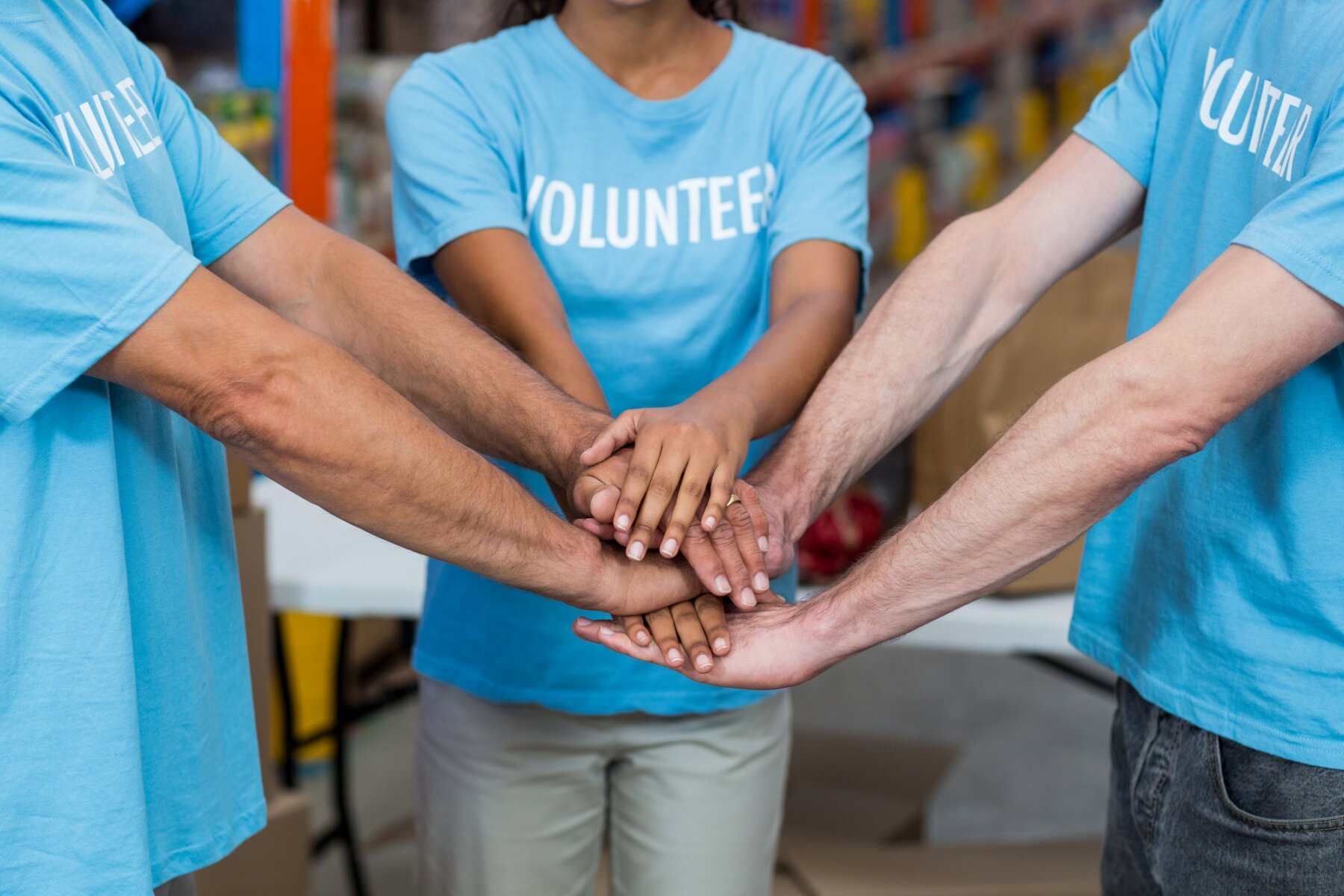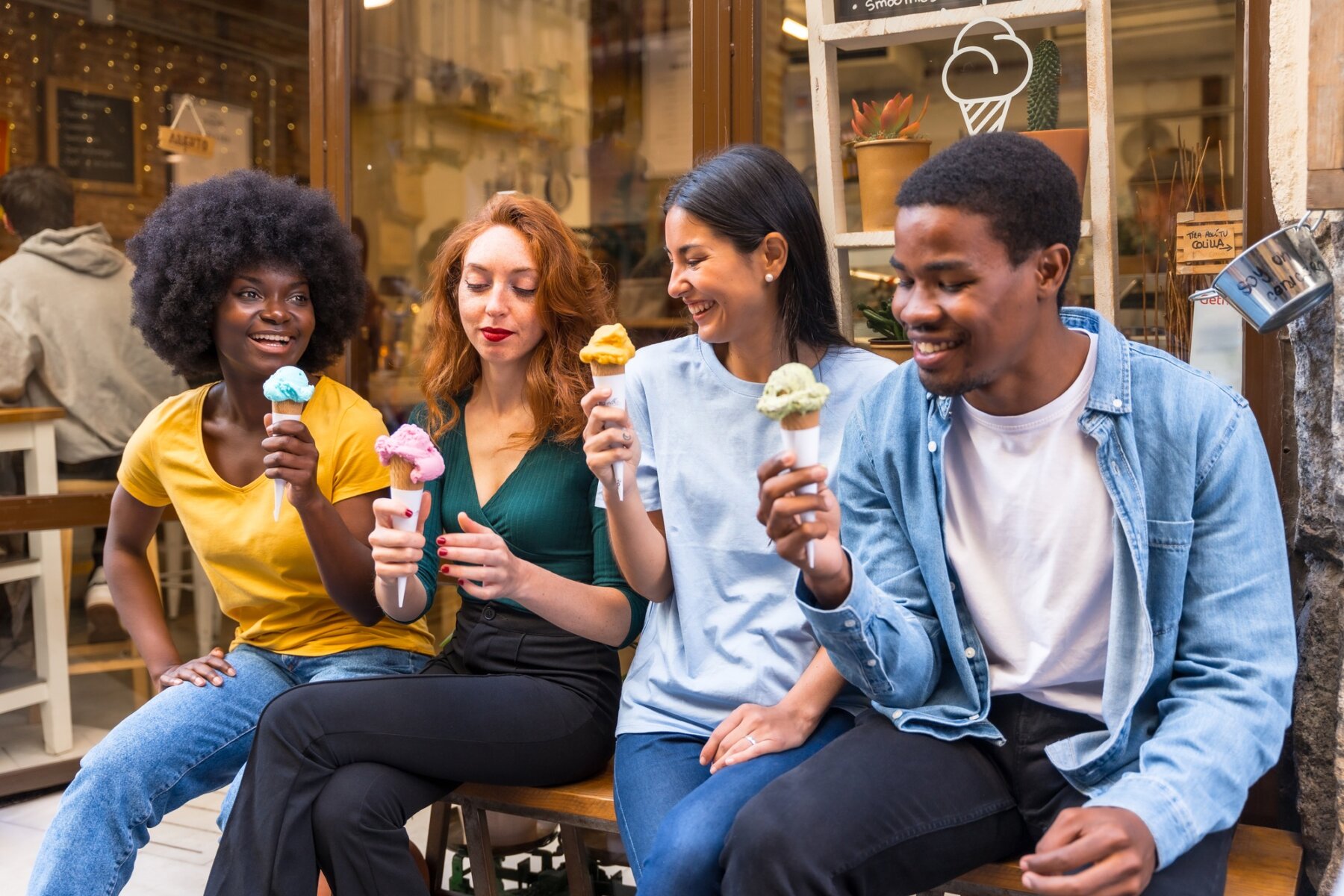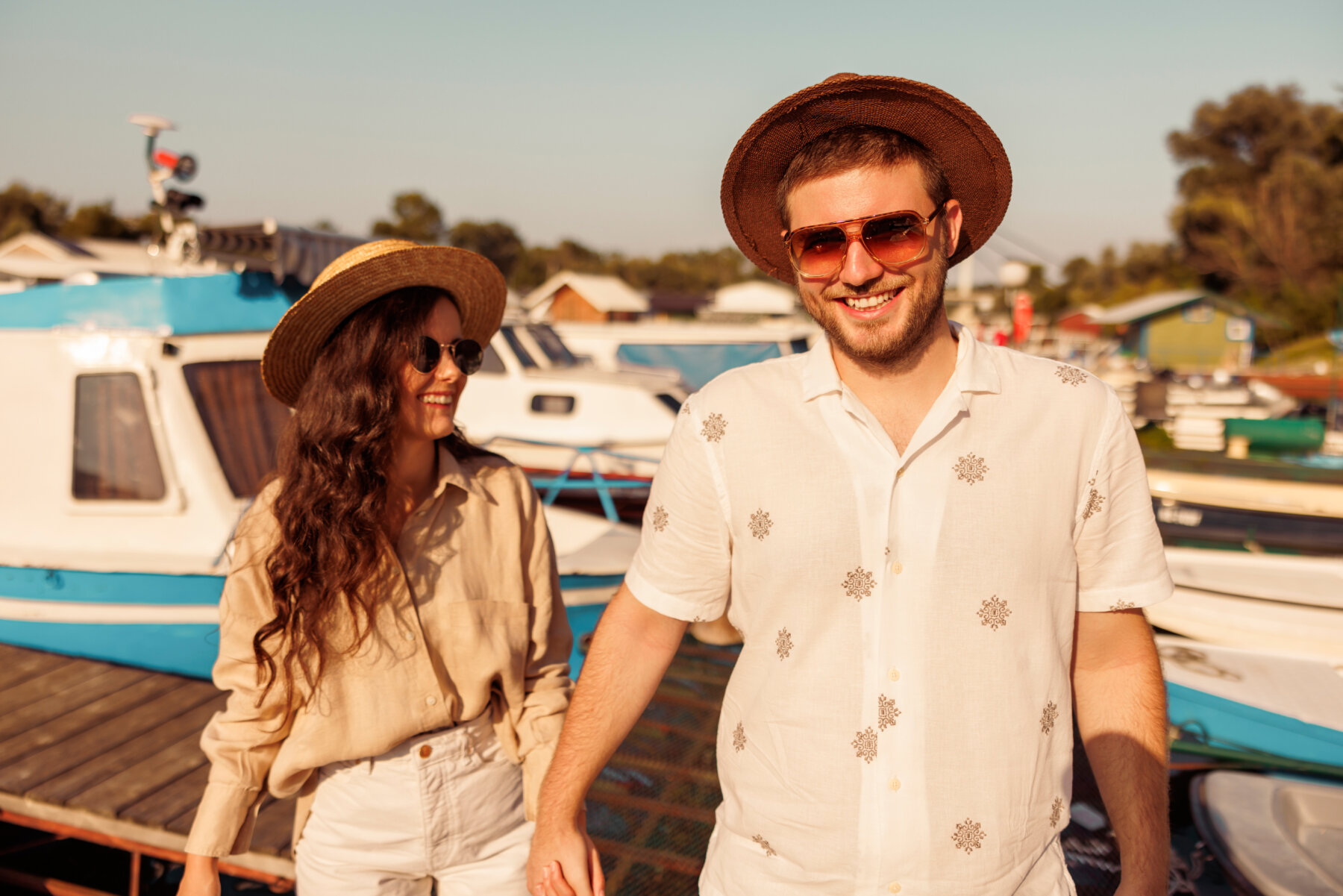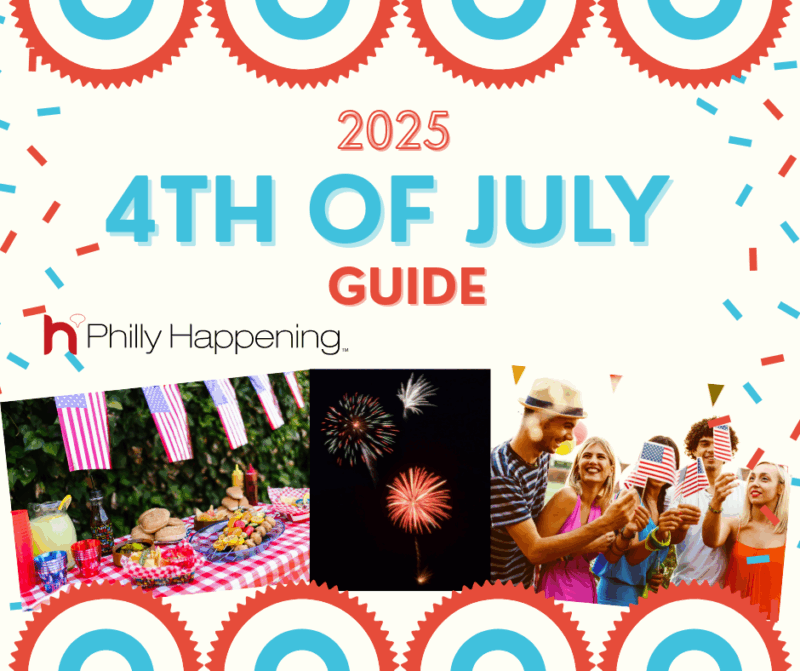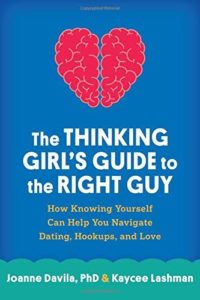
Single in the City is a reoccurring column on Philly Happening that will appear on Wednesdays. It chronicles a single thirty-something, new to the Philadelphia, searching for friendship, love, and her place in this vibrant city.
Single in the City takes on a bit of a different model this week. Instead of my usual first-person commentary, I’m sharing a recent interview that I had with two smart, successful, and empowering women who have written a new relationship book that flips the model on the typical thought process behind dating.
In their new book, The THINKING GIRL’S GUIDE to the RIGHT GUY: How Knowing Yourself Can Help You Navigate Dating, Hookups, and Love, Joanne Davila, Ph.D. and Kaycee Lashman, EMBA, focus on the message that girls should stop trying to be what a guy wants (or what they think that he wants) and start figuring out whether he wants what she has to offer, or whether she wants him. While Davila and Lashman are not local themselves, they are represented by Smith Publicity in Cherry Hill, New Jersey, just outside of Philadelphia. When news of this new book popped into my email, I knew that the book and the philosophy of these experts was an important message to share with readers of this column.
The book gives readers skills to develop a better sense of awareness about what is right for them when it comes to relationships. As the authors told me, the skills taught in the book aren’t just skills that they think work, they are skills that they know work based on scientific data.
By the end of the book, the reader will have covered all the skills used to determine what their needs are in a relationship, determined what kind of person they want to be involved with, learned how to make healthy choices in entering and exciting relationships, and read about how to successfully navigate issue and potential conflicts that come up in relationships and cope with the emotions they bring.
The idea for this book came about while Lashman watched her own daughter deal with trials and tribulations of her relationships. Lashman, a consumer of “relationship science,” became interested in the research that Davila, a clinical psychologist and intentionally- recognized relationship expert, was producing. (Click here to watch Davila’s TED talk about developing skills for healthy relationships). Davila and Lashman are both passionate about helping people have healthy relationships and their collaboration yielded a work that empowers people to develop romantic competencies that will help their current and future relationships thrive.
Davila is a professor of psychology at Stony Brook University and a licensed psychologist in a private practice. Lashman is an organizational change specialist and has worked in the corporate world creating business models that help companies conduct business efficiently and creating strategies that promote smooth relationships and healthy change.
P.H.: The message of how to shift from “Can I be what he wants” to “Does he want what I have to offer?” and “Do I really want him?” is powerful. What inspired you to focus on these specific messages?
Joanne: The project came to be in large part because Kaycee was interested in the ideas of knowing your needs when it comes to dating. She self-published a book, but felt that it was missing the science/ skills part. She got interested in the science/research that I was doing on what we call “romantic competence.” Romantic competence is a set of skills that we feel people need to select the right partner, make the right decisions, and create healthy relationships for themselves.
We collaborated to create something that will let young women/people understand how to get the kind of relationship and kind of partner that they look for. In the book, we focus on this idea that it’s really key to be able to do know who you are and what you want and to be able to decide if the person you’re considering wants what you have to offer. We focus on the importance of being able to get your needs met in the relationship and to recognize that both people have needs.
Kaycee: What I was finding with my daughter and her girlfriends was if you do not know what your needs are, you fall into the “what does he want?” question. It is important to know what your needs are. You have to know what your preferences and needs are so that you know how to make decisions in your relationships. What was missing was the skills to be able to do this.
Joanne: Obviously love is really important in relationships, but it’s not the sole criterion in which to base decisions about if a partner is right for us. Love can blind us. One of the functions of love is to create commitment. If all you’re using is this notion of love, you’re very likely to commit to someone well before you accurately assess if they are the right person for you.
Kaycee: The point of dating is to shift from romanticism to romantic competence. You want to change the goal from, “I want him to like me” to “I’m here to get to know him” to find out whether I really like him. You can’t do that if you don’t know what your needs are and what you preferences and limits are.
P.H.: Joanne, how did you get interested in “relationship science.” And how does one go about studying it?
Joanne: My interest in relationship science started in grad school. I was studying depression. It became apparent to me that one reason that people get depressed is because of problems in relationships. I got fascinated in relationships themselves. I started thinking, “well what makes people competent in relationships?” I had done some of my post-doctoral work studying marriage. People think that relationships just start at marriage. That’s not true. Marriage is the end-point, not the beginning. What skills do we bring early on to relationships that help us to create what we want?
We can study relationships in many ways. We bring couples into the lab. We watch them interact. I’m also very interested in individuals. Relationships don’t start as a couple—relationships starts as an individual well before you get paired off. I bring individuals into the lab. I like to talk to people. I ask them about how they think about relationships and how they feel about relationships.
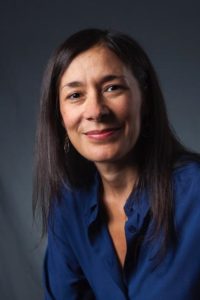
Internationally-acclaimed relationship expert, Joanne Davila, Ph.D.
P.H.: Can you explain the difference, or rather, the benefit, of having your own relationship skills vs. taking relationship advice from others (which seems to be the most common thing to do)?
Joanne: If you have skills, you can apply those skills in any situation. You can make your own decisions more skillfully, rather than relying on the advice of other people. The skills we teach in the book are not just skills that we think work, they are skills that we know work because they’re based on scientific data.
P.H.: Let’s talk about Valentine’s Day or dating anniversaries. It seems like there’s always a lot of pressure on couples to make these perfect, romantic plans. What is your advice for compromising on plans?
Kaycee: You really have to understand what your partner’s preferences are and thinking about what he/she likes and what he/she loves to do. Then consider what you enjoy doing. What can you do to combine those things? You could also surprise that person.
P.H.: What if one of you is good with remembering dates and planning and the other person is not? Should you feel offended if you have to remind that person about dates?
Joanne: The point about people having different ways of going about the world is critical—this speaks to the skill of insight [discussed in the book]. This is about really being able to know and understand your partner to know why he does the things he does and why he thinks the way he does. If he does not remember important dates, there are multiple interpretations to that. One interpretation is he that he doesn’t think that way. You have to be able to develop enough insight into knowing what the attribution is. What is the right assumption here? Only when you know what the right assumption is can you decide what you want to do. If it is true that he’s thoughtless, then you don’t want to be with him.
We all want our partners to be certain things. It’s on us to figure out what that is and where that’s coming from and whether or not we can realistically get it. Are some of these things fantasies or are some of these things we can compromise on.
Kaycee: My husband isn’t a planner. We are each different people. We understand each other. You have to figure out the things that you can accept and the things that you can’t.
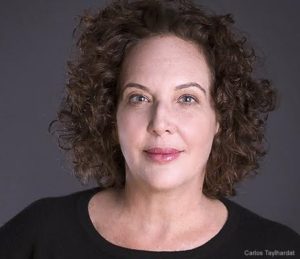
Kaycee Lashman, EMBA
P.H.: There are a lot of stereotypes out there about what people should be doing in terms of when to get married, when to move in together, when to have babies, etc. If you don’t do this on this timeline, it looks like something is wrong with you. What can you say about timelines and biological clocks and the societal pressures to fulfill these expectations?
Joanne: There’s some reality to biological clock, but other than that, in my opinion, I don’t think there’s a timeline at all. The timeline has to do with your personal assessment of if, when, and whether you have found the person where you both like what each other has to offer. That’s when you’ll know if it’s right to move forward. When everyone around you is doing the same thing, there’s this internal and external push to get married. In my own life, I knew at the time that it was not right. The healthiest relationships emerge when we are doing them on our own timeline and doing what’s right for us.
Kaycee: The one thing I believe about the biological time clock, as you get older, you need to be openly discussing what type of relationship you’re looking for in the future is to avoid moving forward on any kind of inaccurate assumptions or expectations. You have to make sure that if you each want to be with each other, you can build a healthy relationship. You have to know how each other envisions the future.
Joanne: As you age, when you know what your wants and your limits are, you just have to be up front.
P.H.: What projects are on the horizon for you?
Joanne: We’re trying to get the message about our book out. We are writing pieces for blogs and magazines. We have developed a relationship education workshop at Stony Brook University that is open to everybody. We’re piloting it now and we’re collecting data on it.
Kaycee: We are also going to write at least one more book. We want to get the message out to young girls and high schoolers.
The Thinking Girl’s Guide to the Right Guy: How Knowing Yourself Can Help You Navigate Dating, Hookups, and Love, is available on Amazon.com.

